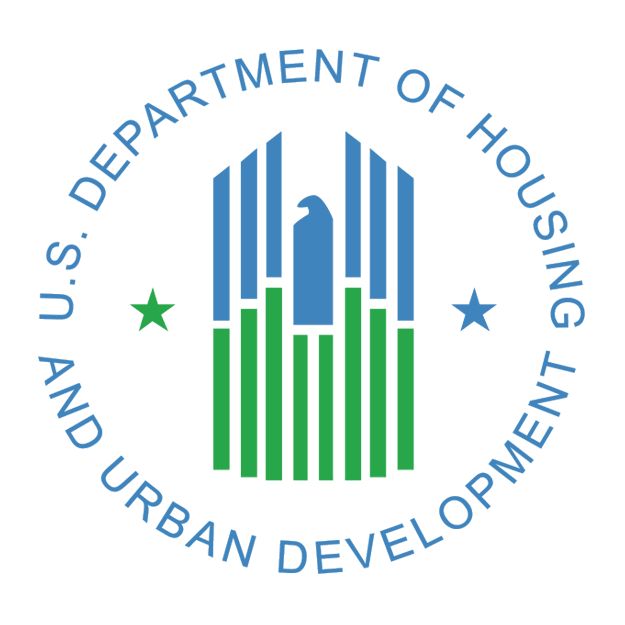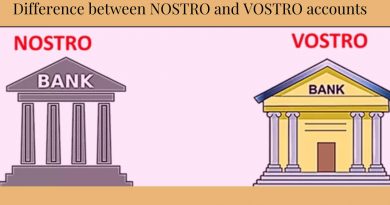U S Department of Housing and Urban Development HUD

Contents
U.S. Department of Housing and Urban Development (HUD)
The Department of Housing and Urban Development (HUD) is a U.S. government agency created in 1965 as part of President Lyndon Johnson’s Great Society agenda to expand America’s welfare state. Its primary mission is improving affordable homeownership opportunities to support the housing market and homeownership in inner-city areas.
HUD’s programs aim to increase safe and affordable rental options, reduce chronic homelessness, fight housing discrimination, and support vulnerable populations.
Key Takeaways
- The Department of Housing and Urban Development (HUD) supports community development and homeownership.
- HUD enforces the Fair Housing Act and offers housing assistance through the Community Development Block Grant program and the Housing Choice Voucher program.
- The Fair Housing Act prohibits discrimination in housing based on sex, race, color, national origin, religion, family status, and disability.
Understanding HUD
HUD enforces the Fair Housing Act and oversees the Community Development Block Grant program and the Housing Choice Voucher program. It also supervises other programs to assist low-income and disadvantaged Americans with their housing needs and works with government agencies, private organizations, and community nonprofits to reach its goals.
The Fair Housing Act prohibits discrimination in housing based on sex, race, color, national origin, religion, family status, and disability. HUD investigates cases concerning refusal to rent or sell a property, denying someone a dwelling, falsely stating that properties are unavailable, and imposing different terms or conditions based on any of the aforementioned discriminating conditions.
Types of HUD Assistance Programs
HUD offers various assistance programs for those in need of housing financial assistance.
Housing
The Office of Housing is the largest office within HUD and includes the Federal Housing Administration. Its duties include:
- Operating FHA and providing mortgage insurance on mortgages for single-family homes, multifamily properties, and healthcare facilities
- Operating HUD’s Manufactured Housing program
- Managing HUD’s Project-Based Rental Assistance and other rental assistance programs for low and very low-income households
- Supporting the Housing for the Elderly and Housing for Persons with Disabilities programs, providing affordable housing for vulnerable populations
- Encouraging recapitalization of the nation’s affordable housing stock through programs like the Rental Assistance Demonstration
- Facilitating housing counseling assistance through HUD’s Office of Housing Counseling
Grants
The Community Development Block Grant program allocates federal grant money to communities to develop neighborhoods with decent, affordable housing for low- and middle-income residents.
Vouchers
The Housing Choice Voucher program, also called Section 8, allows low-income, disabled, or elderly citizens to choose a place to live regardless of whether the property exists as subsidized housing. The property must meet certain requirements and applicants need to meet government standards to qualify.
Local public housing authorities determine a moderately priced housing option based on local real estate prices before deciding the benefits that families or individuals can receive. Families then seek out a housing unit for the number of people who will live in the house, duplex, or apartment.
A family who is issued a housing voucher must find housing where the owner agrees to rent under the voucher program—and the rental unit must meet standards of health and safety determined by the public housing agency (PHA).
The vouchers are administered by local public housing agencies (PHAs) funded by HUD. The PHA pays the subsidy directly to the landlord on behalf of the tenant, and the tenant pays the difference between the actual rent charged by the landlord and the amount subsidized by the program. HUD states that to be eligible for the voucher program, the tenant’s income may not exceed 50% of the median income for the area.
Families can move from one housing unit to another due to income changes, job status, or the addition of family members. The voucher program allows for mobility without losing housing benefits. Beneficiaries with vouchers sign leases with property owners that have this program. With subsidized housing, residents sign leases with property managers who oversee federally owned projects.
The Office of Public and Indian Housing
The Office of Public and Indian Housing (PIH) ensures access to safe, decent, and affordable housing and helps residents become self-sufficient and economically independent.
HUD’s Office of Public Housing provides safe and decent rental housing for low-income families, the elderly, and people with disabilities. This includes access to single-family homes and housing in multi-unit properties. Approximately 1.2 million households live in public housing units managed by entities overseen by HUD.
The Office of Community Planning and Development
The Office of Community Planning and Development (CPD) develops viable communities by promoting decent housing, suitable living environments, and expanding economic opportunities for low and moderate-income individuals and households. It achieves this by developing partnerships among government and private sector organizations, including for-profit and non-profit organizations.
The Office of Policy Development and Research
The Office of Policy Development and Research supports HUD’s efforts to create cohesive and economically viable communities by maintaining up-to-date information on housing needs, market conditions, and existing housing programs. It also conducts research on priority housing and community development issues to help inform HUD policy decisions.
The Office of Fair Housing and Equal Opportunity
The Office of Fair Housing and Equal Opportunity (FHEO) aims to eliminate housing discrimination, promote economic opportunity, and achieve diverse, inclusive communities. It enforces various fair housing policies and laws, such as the Fair Housing Act, Title VI of the Civil Rights Act of 1964, and the Americans with Disabilities Act of 1990. FHEO investigates fair housing complaints, conducts compliance reviews, ensures civil rights in HUD programs, and manages fair housing grants.
Ginnie Mae
Ginnie Mae helps make affordable housing a reality by funneling capital into the housing market. The Ginnie Mae guaranty program allows mortgage lenders to get a better price for loans in the secondary mortgage market. Ginnie Mae guarantees investors the timely payment of interest and principal on mortgage-backed securities backed by federally insured or guaranteed loans.
Other programs
HUD oversees several other programs and offices, including the Office of Economic Development, Office of Hearings and Appeals, Healthy Homes and Lead Hazard Control, Public Affairs, and the Office of the Inspector General. Each program and office has a different role in ensuring fair and equal access to housing.
What Does the U.S. Department of Housing and Urban Development Do?
The Department of Housing and Urban Development administers programs that provide housing and community development assistance while ensuring fair and equal housing access for all.
Are Fannie Mae and HUD the Same Thing?
Fannie Mae and HUD are separate entities with different roles in the mortgage market. Fannie Mae is a government-sponsored enterprise that provides conventional mortgage financing in the U.S.
Does HUD Make Loans?
HUD does not offer home loans directly. Instead, it works with approved partner lenders to help homebuyers obtain financing.
How Do You Qualify for a HUD Loan?
Qualification for a HUD loan is based on requirements similar to non-HUD loans. This includes meeting minimum credit score and income guidelines, maintaining an acceptable debt-to-income ratio, and meeting down payment requirements.
Bottom Line
The Department of Housing and Urban Development plays a crucial role in facilitating access to mortgage loans. FHA loans, for example, make homeownership more accessible with smaller down payments and lower credit score requirements.



